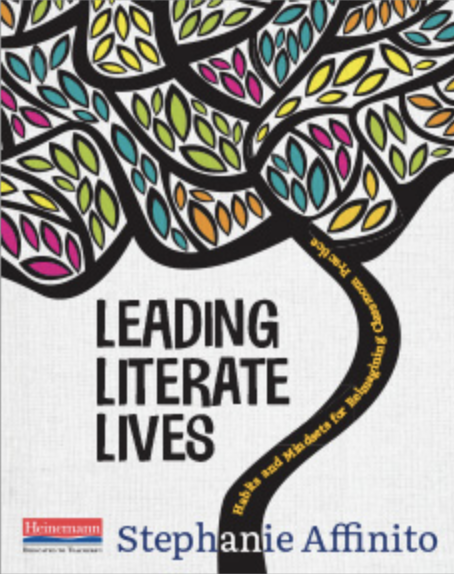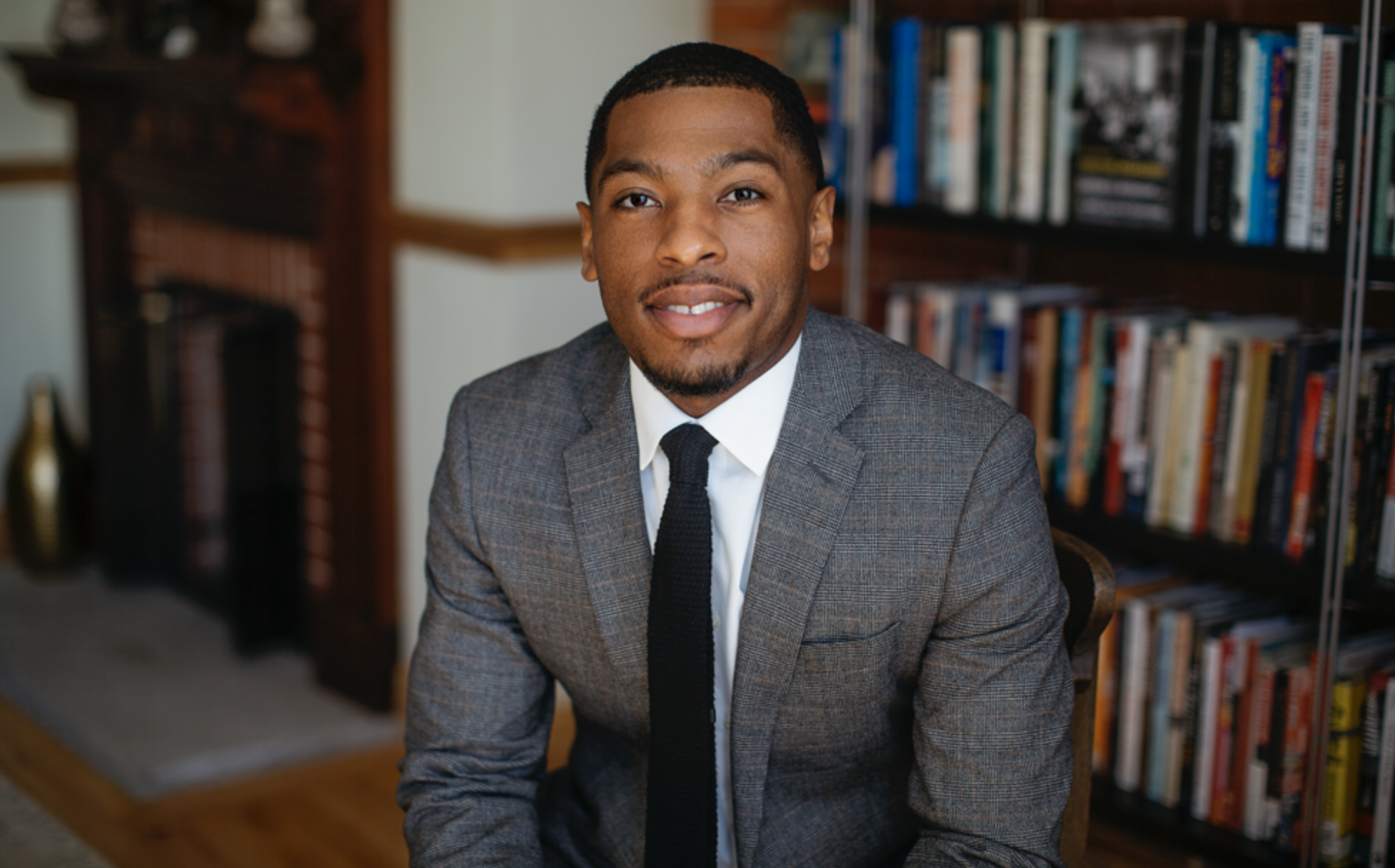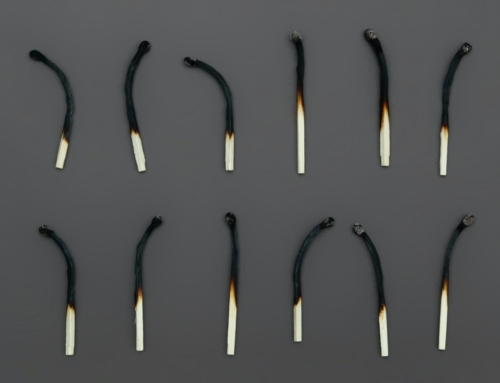Hello everyone, and welcome to a special 2 part episode of Teach Me, Teacher. The intro you are hearing (reading) now is exactly the same on both episodes titled, Critical Race Talk. This is due to the nature and ties of the conversations you will hear, and also the reasoning behind why I am putting out this content at all on this podcast.
To start, I believe in discourse and the dismantling of echo chambers. While anyone with time on their hands or a history with Teach Me, Teacher can verify my political and social leanings tend to be towards what Americans call “the left,” — I do not deny this— I do not subscribe to any one ideology or framework. As an educator and academic, I pride the search for truth above all else, even when such truth may challenge my own beliefs about the world and its institutions. Essentially, I consider myself politically homeless. I do not find my political identity within strict party lines, rather, I listen to as many good intentioned sides and sources as I can, and decide how I will act accordingly.
With that said, Teach Me, Teacher is first and foremost a “best practices” podcast. It is designed from the ground up to be a no-nonsense approach to professional development for educators— and its success and reach, I believe, is because of my commitment to this vision of what PD can be for teachers and administrators.
However, best practices cannot be achieved without addressing the larger issues surrounding education and our communities. Teaching does not happen in a vacuum. Indeed, it touches nearly every aspect of life—how many professions can say that? — and with such a burden, comes the responsibility to contend with more than just academics. The sterilization of teaching into just being about standards, mastery, and skills, ignores the vast amounts nuanced factors that make such important aspects of teaching possible in the first place. In other words, what we believe directly affects how we act and teach. To ignore the human aspect of teaching in this way is to ignore what teaching is entirely.
The following podcast, and its counterpart, which are both named the same, minus the guest involved, primarily deal with the controversial topic of Critical Race Theory and its association with public schools. Both episodes touch on various other factors and examine the issue through different lenses, but I believe they both offer nuance to the discussion that simply isn’t happening in most circles today. These episodes are not meant to be set up as combatants, which is why they are separated. Rather, I am presenting them as different lenses on the same subject.
As the interviewer, I tried to be as non-biased as possible. I tied similar questions to each interview, but I also allowed for each guest to bring their own unique expertise to the discussion. I constructed each discussion around each guests’ unique platform and what they talk about.
Whether this is an effective way to address this issue, will ultimately be up to you, the listener. I’m sure there are faults I cannot see, and lines of questioning I did not capitalize on, but these discussions are real discussions between people who care about education. The only editing present are quality adjustments and deletions of technical problems caused by recording over Zoom. Everything else has been untouched.
As a quick side note: the only edit I would like to add here is about the data I talked about with Robinson in terms of pass rates based on race. It can be easily misunderstood because of how I said it, so I want to clarify that when I discuss the differing percentages student groups in Texas must hit to be considered proficient, I am referring to their groups as a whole, not individual pass rates.
Moving on, I was upfront to each guest about the nature of how I would release these, so there is no gotcha imbedded into the release of these episodes. I respect both Professor Jarvis Givens and Calvin Robinson greatly. I could not have asked for better, more thoughtful educators to be on the show for this topic. Any indication on my part of superiority of ideas over either is unintentional. This is why both episodes get the same intro, and why both are releasing at the exact same time.
The current debate around Critical Race Theory, or CRT, is contentious, to say the least. Passionate educators, pundits, and yes, opportunists, have been engaging in what best can be called “debates,” and at worst, flame wars against one another. My goal is that these talks, when listened to together, offer insight, nuance, and challenges to what you and I believe. My goal is to elevate this discussion past political lines, so that we may come together in a way that leads us to a better place, rather than circling the drain until both sides lose.
Enjoy the episodes, share them if you believe they are valuable, and bring your comments to the social spaces so that we can work through all of this together, regardless of political leanings.
In this episode, we address:
- Researching and recovering the lost voices of black educators in history
- The depth of suppression of black education
- Violence towards black education and its connection to the contemporary debate around Critical Race Theory
- The problem with calling everything Critical Race Theory
- History vs agency vs realities of racial disparities in schools
- Does data show racism?
- The power of narratives
Jarvis R. Givens is Assistant Professor at the Harvard Graduate School of Education and the Suzanne Young Murray Assistant Professor at the Radcliffe Institute for Advanced Study at Harvard University. You can get his book, Fugitive Pedagogy here.
This episode is sponsored by Heinemann and their book, Leading Literate Lives.
What stories make you who you are? How have your experiences shaped you as a learner? Who are you as a reader and writer? Exploring your history as a learner can help you reflect on your teaching practices and make instructional decisions that positively impact student learning.
writer? Exploring your history as a learner can help you reflect on your teaching practices and make instructional decisions that positively impact student learning.
In Leading Literate Lives, Stephanie outlines a framework for reading and writing that makes a direct connection between reflection and classroom practice. In each chapter you will find concrete ideas, tools, and activities for reading and writing to help move you from teacher reflection to instruction. For every specific reflection Stephanie will show you how to put the same idea into practice in your classroom, with the goal of helping you and your students:
- build and cultivate habits that make reading and writing a priority
- make space and create opportunities in your lives and classrooms to do what real readers and writers do
- explore and embrace your reading and writing identities
- find and create thriving communities filled with inspiration and support, where the reading and writing lives of every member are shared and celebrated.
Fueled with the understandings that come from leading a literate life, you can learn to embrace reflective practices that bring greater intention and joy to your classrooms and schools.






